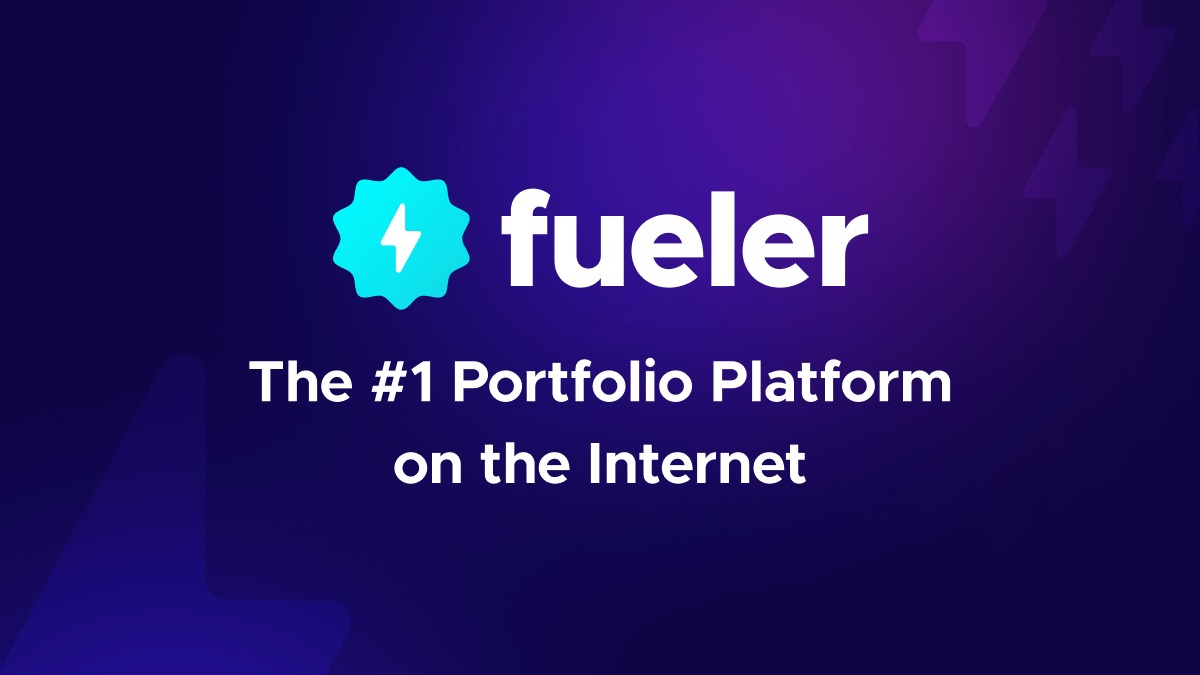Launching a Startup in 2026: A Step-by-Step Guide

Riten Debnath
14 May, 2025

Starting a business today feels like navigating a fast-moving river with endless possibilities. But with rapid advancements in technology, AI-driven tools, and shifting consumer behaviors, how do you ensure your startup stands out and thrives in this dynamic landscape? If you're looking to launch a startup in 2026, this guide will show you the proven steps to transform your idea into a successful business, even in a highly competitive market.
I’m Riten, founder of Fueler — a platform that helps freelancers and professionals get hired through their work samples. In this article, I’ll guide you through the steps to launching your startup, from ideation to scaling, with a focus on using modern tools and strategies. But beyond having a great idea, the key is executing it smartly. Your startup journey isn’t just about having a product or service—it’s about proving your concept, gaining trust, and building a solid brand from day one. This article will cover everything from market research and branding to leveraging AI tools to optimize your operations and drive growth.
1. Find Your Startup Idea
Your startup journey begins with finding a viable business idea. But in 2026, it's not just about having a great idea—it’s about identifying a solution that addresses a real pain point in the market. You need to think critically about emerging trends and consumer needs.
How to Find a Profitable Idea:
- Solve Real Problems: Identify common issues people face and think of ways your product or service can solve them.
- Consider Industry Shifts: With remote work, AI, and automation, there are endless opportunities in tech-driven industries.
- Research Trends: Pay attention to trends in sectors like e-commerce, sustainability, health tech, and AI to stay ahead of the curve.
2. Conduct Market Research
Before you launch your startup, you must understand your target audience and the competition. Researching your market is essential for positioning your product, setting competitive prices, and crafting the right messaging.
Tools for Market Research:
- Google Trends: Track consumer interest over time and understand search behaviors.
- SurveyMonkey: Easily conduct surveys to gather insights directly from your audience.
- SEMrush: Analyze your competitors’ digital marketing strategies, keywords, and backlinks.
Pricing: Google Trends is free, while SurveyMonkey offers a basic plan for free and premium plans starting at $25/month. SEMrush pricing starts at $119.95/month.
3. Create a Business Plan
A business plan is your roadmap for success. It outlines your business goals, target audience, revenue model, marketing strategy, and operational plans. A solid business plan is critical when seeking investors or securing loans.
Key Elements of a Business Plan:
- Executive Summary: A snapshot of your business concept.
- Market Analysis: Understanding your competitors and your target audience.
- Business Model: How you plan to generate revenue and scale.
- Marketing Plan: How you’ll reach and retain customers.
4. Develop Your Product or Service
Now that you have your idea and business plan, it’s time to develop your product or service. In 2026, this process can be made easier with AI-powered tools, low-code platforms, and digital prototyping.
AI-Powered Tools for Product Development:
- ChatGPT by OpenAI: Use this AI tool for customer service, content creation, and brainstorming product ideas.
- Bubble: A no-code platform that allows you to build web applications without any coding knowledge.
Pricing: ChatGPT is free for basic use, while Bubble offers free plans and paid plans starting at $29/month.
5. Build a Strong Brand Identity
Your brand is more than just a logo—it’s the overall perception people have of your startup. In a world full of competition, a strong brand identity will set you apart and build trust with customers. Even simple ventures, including lemonade stand ideas, can benefit from clear branding that draws people in and leaves a lasting impression.
Tools for Branding:
- Canva: Create professional-looking logos, social media graphics, and marketing materials.
- Looka: An AI-powered platform that helps you design your brand identity (logo, color scheme, and typography).
Pricing: Canva offers free and pro plans starting at $12.99/month. Looka’s logo design starts at $20, with branding kits available for $80.
6. Build a Website
In 2026, a professional website is crucial for your startup’s success. Your website is often the first interaction potential customers will have with your business. Make sure it reflects your brand and is optimized for user experience.
Tools for Building Websites:
- Wix: An easy-to-use platform that allows you to create a professional website with no coding knowledge.
- WordPress: A widely used content management system for building fully customizable websites.
Pricing: Wix offers free plans, with premium plans starting at $14/month. WordPress is free, but hosting plans cost around $3-10/month.
7. Leverage Social Media for Marketing
In 2026, social media continues to be one of the most effective ways to reach and engage with customers. Platforms like Instagram, LinkedIn, and Twitter are essential for building a community around your brand.
Tools for Social Media Marketing:
- Hootsuite: Schedule and manage all your social media posts in one platform.
- Buffer: An easy tool to schedule posts, analyze performance, and manage multiple accounts.
Pricing: Hootsuite plans start at $19/month, while Buffer offers a free plan with premium plans starting at $15/month.
8. Optimize Your Startup with AI and Automation
AI isn’t just for tech giants—it can help startups automate tedious tasks, enhance customer service, and optimize marketing efforts.
AI Tools for Startups:
- Zapier: Automate repetitive tasks by connecting apps and creating workflows.
- Freshdesk: An AI-powered customer service platform that helps startups manage customer inquiries with ease.
Pricing: Zapier offers free plans and premium plans starting at $19.99/month. Freshdesk has free plans, with paid plans starting at $15/month.
9. Focus on Customer Feedback
Customer feedback is essential for growth. Listen to your customers, adapt your product based on their needs, and continually improve the user experience.
Tools for Collecting Customer Feedback:
- Typeform: A tool to create interactive and engaging surveys for gathering feedback.
- SurveyMonkey: Use this tool to gather insights from your customers about your product or service.
Pricing: Typeform offers a free plan with premium plans starting at $35/month. SurveyMonkey offers free plans and premium plans starting at $25/month.
10. Raise Funding
If your startup needs external funding to grow, you’ll need to understand how to pitch to investors and secure the necessary funds. Platforms like Kickstarter or AngelList are popular places for startups to find investors.
Funding Tools for Startups:
- Kickstarter: A crowdfunding platform where you can raise funds from backers who believe in your project.
- AngelList: Connect with angel investors who are interested in funding early-stage startups.
Pricing: Kickstarter charges a 5% fee on funds raised. AngelList is free to use for startups.
Final Thoughts
Starting a business in 2026 is an exciting venture, but it comes with its own set of challenges. By leveraging the right tools and strategies, you can streamline your processes, scale your business, and increase your chances of success. Whether you’re building a strong brand, optimizing your operations with AI, or gathering feedback from customers, each step is essential for setting your startup up for long-term success.
FAQs
1. How can I find investors for my startup in 2026?
Platforms like AngelList, Kickstarter, and SeedInvest are great places to connect with investors who are looking to fund early-stage startups.
2. What are the best tools for building a website in 2026?
Wix and WordPress are two of the most popular website-building tools. Both offer customization options, with Wix being easier for beginners and WordPress being more flexible for advanced users.
3. How do I create a strong brand identity for my startup?
Tools like Canva and Looka can help you create a logo, choose colors, and design your brand’s visual elements. Make sure your branding is consistent across all channels.
4. What is the best AI tool to automate tasks for my startup?
Zapier and Freshdesk are excellent tools for automating repetitive tasks and providing AI-powered customer support, helping your startup run more efficiently.
What is Fueler Portfolio?
Fueler is a career portfolio platform that helps companies find the best talents for their organization based on their proof of work.
You can create your portfolio on Fueler, thousands of freelancers around the world use Fueler to create their professional-looking portfolios and become financially independent. Discover inspiration for your portfolio
Sign up for free on Fueler or get in touch to learn more.


